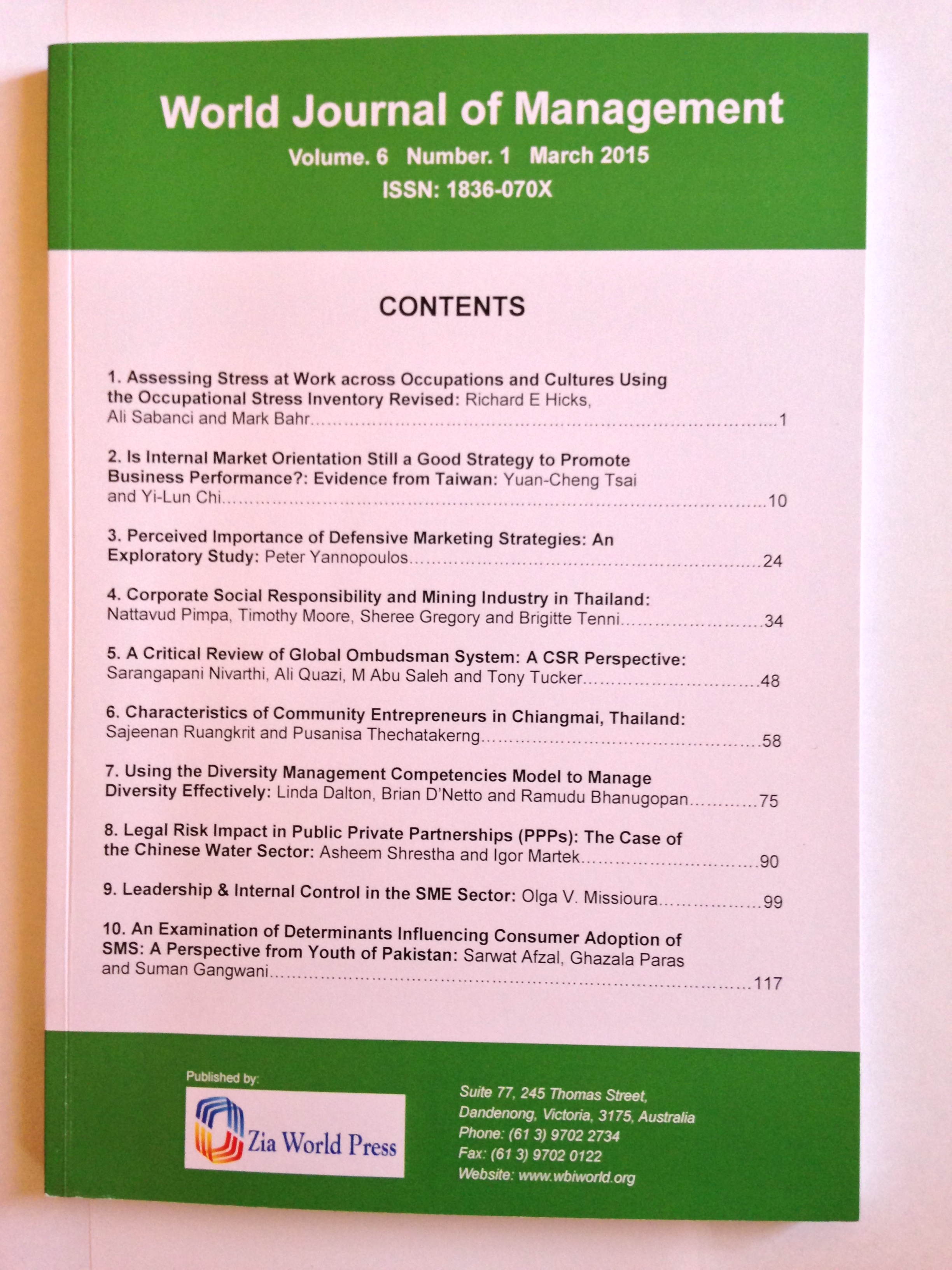March
2018

March 2018 (World Journal of Management)
Total Articles - 5
